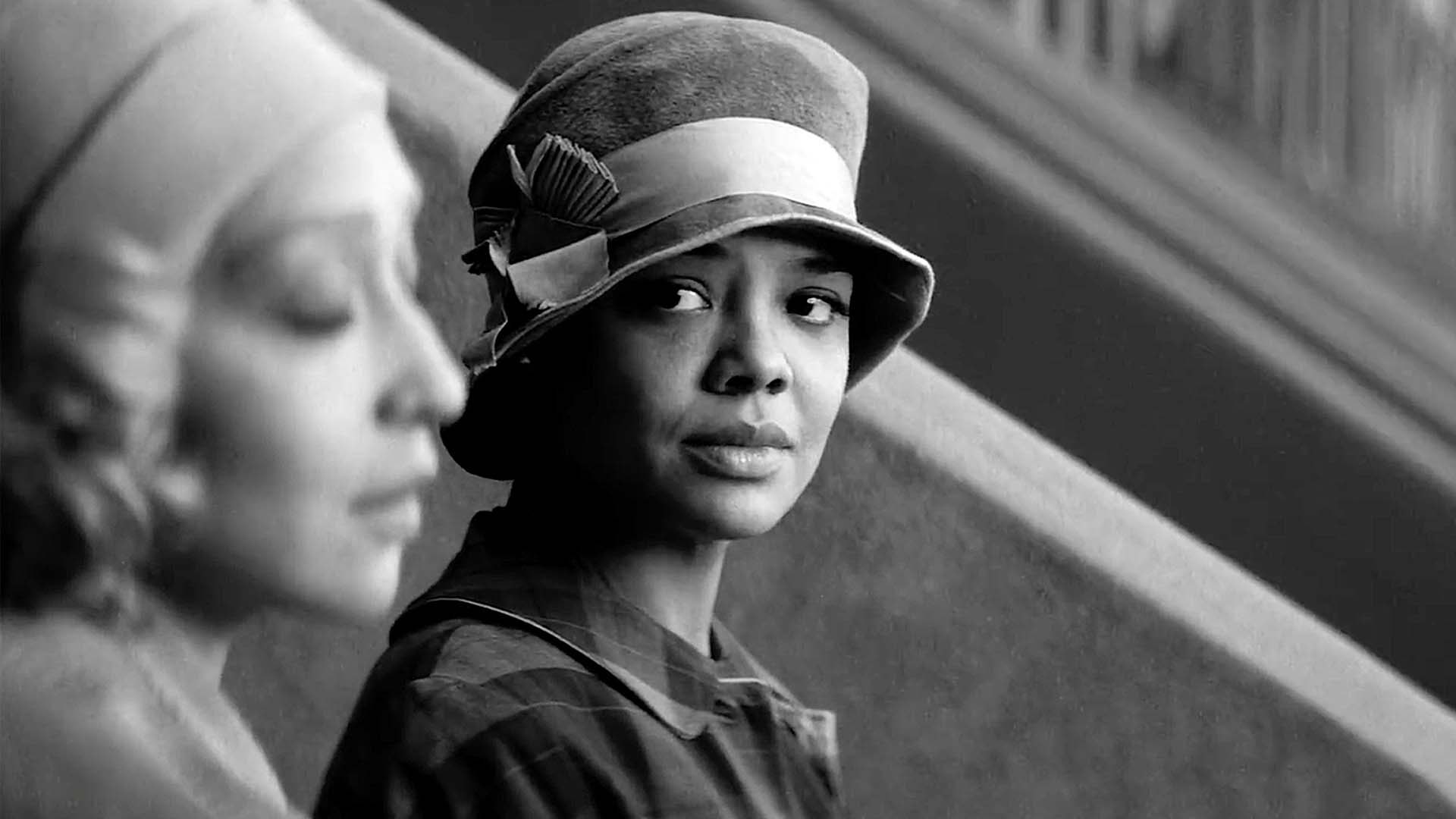In recent years, there have been more and more excellent works on female subjects, and they have also been recognized by many professional awards.

Compared with themes of brotherhood, comradeship, father-son love, and male power, female subjects have a rich and delicate charm.
Just like the role played by Paula Beer in Frantz in 2016. The German girl Anna who is too persistent and reluctant to leave.

It is always a woman who has hated, loved, forgiven, and has the courage and dignity to leave.
And a more meaningful phenomenon is: more and more female directors are gradually occupying the mainstream screen.
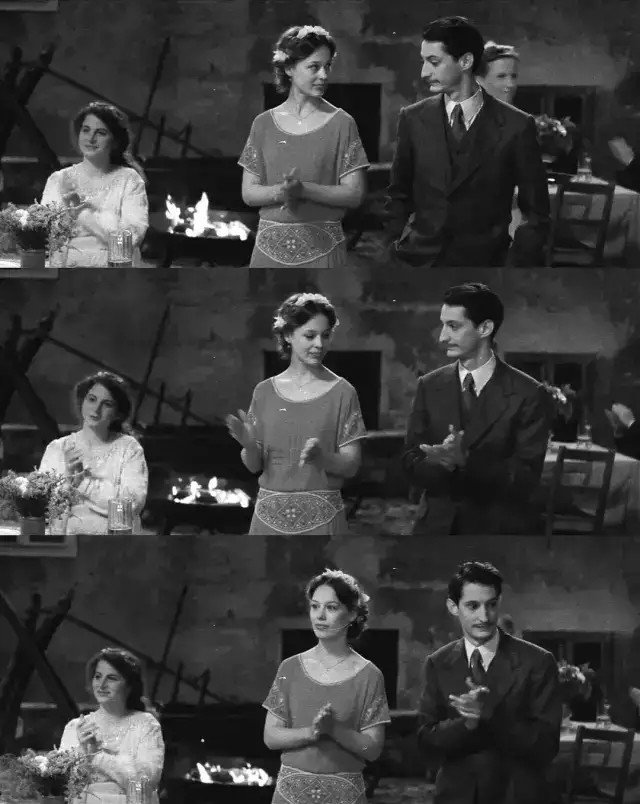
They use a more detailed and unique perspective to tell stories with the overall view and the ability to mirror the situation that is not inferior to that of male directors.
From Asia to Europe and America, female directors all over the world have high-quality phenomenal works debut.
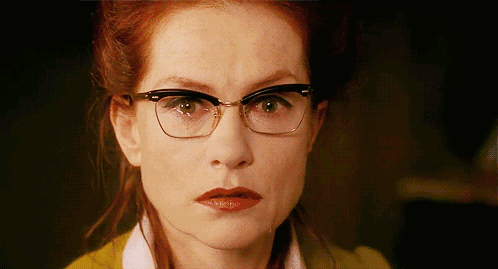
For example, “The Mad Women’s Ball” newly directed by French Mélanie Laurent, it has a French romantic literary atmosphere, and it also has a feminine perspective.
The whole scene of “The Mad Women’s Ball” has a brilliant artistry under high-key music.
In addition to the unfair treatment of women in the dark chapter, it also pays attention to female friendship and desperate staying together.
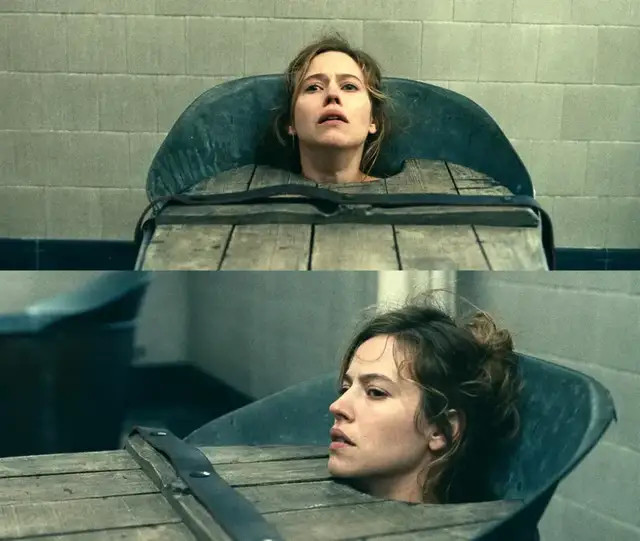
There is also Greta Gerwig, who has a subversive status in film history. Its director’s “Lady Bird” has won multiple nominations.
The love, gaze and isolation of the 18th-tier small cities, the exploration and failure of adolescence.
I thought I was unique and different, and finally accepted my name frankly.
Probably all young girls or former adolescent girls can see their shadows in Lady Bird.

At the end of 2021, Rebecca Hall in the UK has also successfully transformed.
She directed a very interesting black and white film about “skin color”-“Passing”, niche and interesting.
Movies on skin color and ethnicity have become a hot topic in recent years.
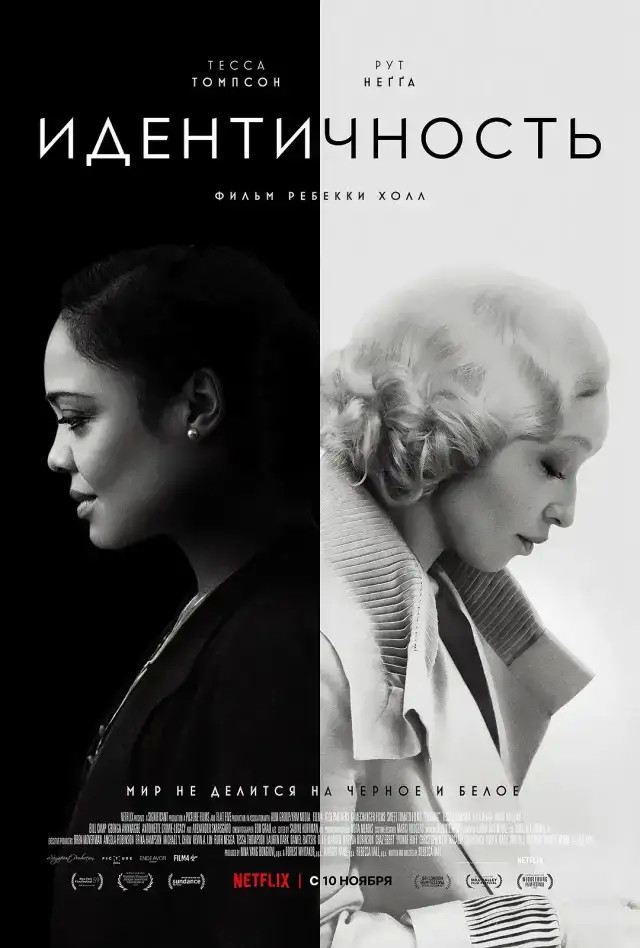
However, the black and white opposing values and political correctness will inevitably make the audience feel overcorrected.
And this time director Rebecca Hall cleverly captured the delicate and sensitive emotions between the two women, as well as the lost and ambiguous identity of the mulatto.
“Passing” understates racism, but magnifies the emotions of the marginal passing people.
The two mulatto female protagonists have excellent looks and good family backgrounds.
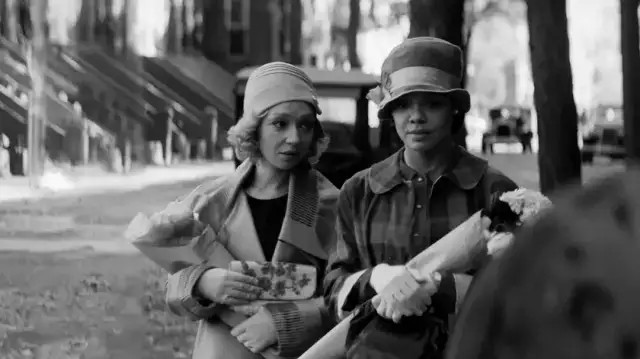
So they can take the white driver’s taxi home in the hot summer when they are tired from shopping.
They can also come to the cool and empty restaurant of a luxury hotel in New York to enjoy a cup of afternoon tea.
The two female protagonists also have tacit secrets. They have hidden their identities of mulattoes and can only enter high-end venues with makeup and pretending to be white.
Irene, one of the hostess, her husband is a black-skinned doctor of African descent who lives in the African community of New York.

Clare, Irene’s childhood companion, lives high and lost. Clare pretends to be a white man married to a white banker, living a luxurious life,
Her husband hates black people deeply, but he doesn’t know the true identity of the mulatto wife next to him.
“Passing” has a pretty stunning opening, even in black and white tones.
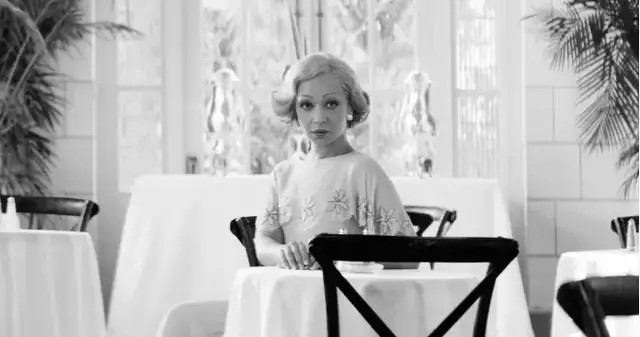
The eyes and emotions of the two female prostitutes disguised as mulattoes in the white community have that kind of tension and ambiguous atmosphere that is always on guard.
Irene was sipping coffee while secretly looking around at the afternoon tea of the upper whites around him.
Although she is here, she is still just a “voyeur”.
Compared to Claire on the other side who is blonde and fair-skinned, Irene can no longer recognize her disguise.
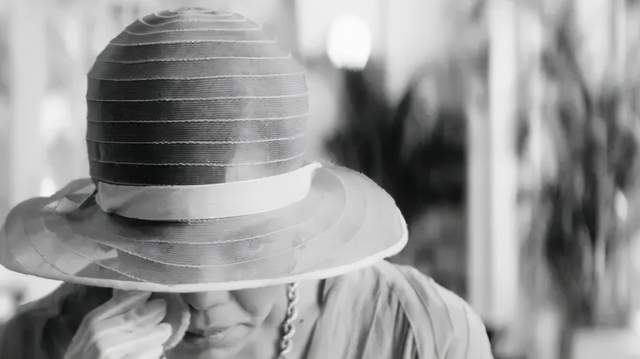
Gentlemen and young ladies in the white community would never think that the woman who is drinking coffee elegantly around her is a mulatto.
“Passing” didn’t put the race issue on the surface. This is the high level of Rebecca Hall.
The comparisons, jealousy, sympathy, and jealousy in the film are all presented in dialogue and small details. The substitution of the delicate perspective of women is quite deep.
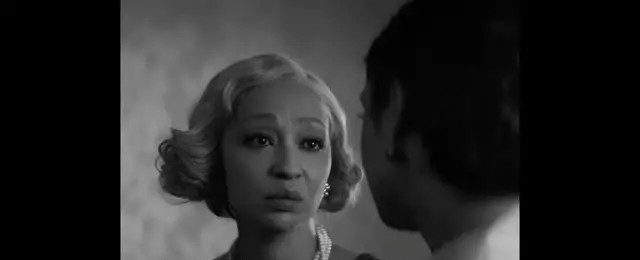
After Irene saw Claire, she was surprised and anxious to leave.
After all, Claire is married to a pure white banker. Although she pretends to be white, her heart is in the black community.
The friendship of adolescence has long been washed away by reality,
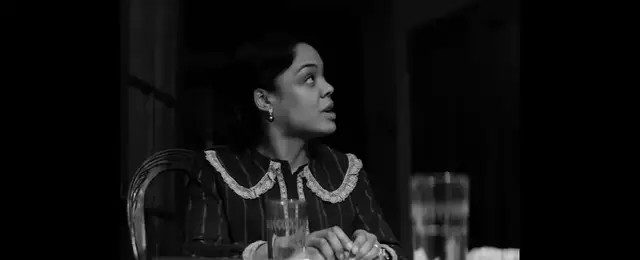
Besides, Claire has always been so beautiful and passionate. If she joins her social circle, will she steal her identity as an African queen?
Claire here is very enthusiastic, and her psychology is quite interesting.
Although she is married to an upper-class white man, she has always been lonely and has no sense of belonging.
Claire is out of place in the white community. While hiding her husband’s identity, she has to tolerate her husband’s hatred of blacks.
And when she met Irene, it means that she can return to the black community that makes herself more free. Her beauty, enthusiasm, and publicity will definitely be appreciated by high-quality black men.
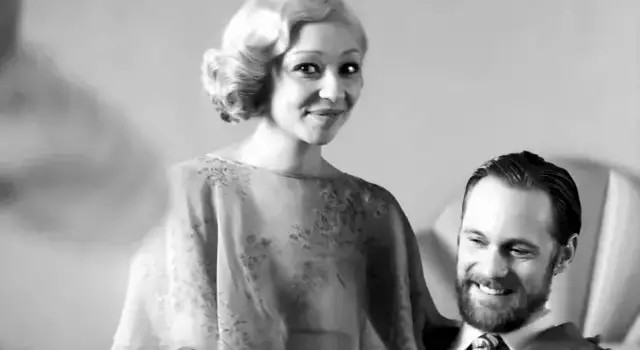
As a result, the two people were tweaked, three-point jealous, and two-point sincerely connected.
The complex and hazy emotions between the two are intertwined,
“Passing” really puts the feeling that the mulatto is confused and dominates on both sides and the atmosphere of marginal free people is just right.
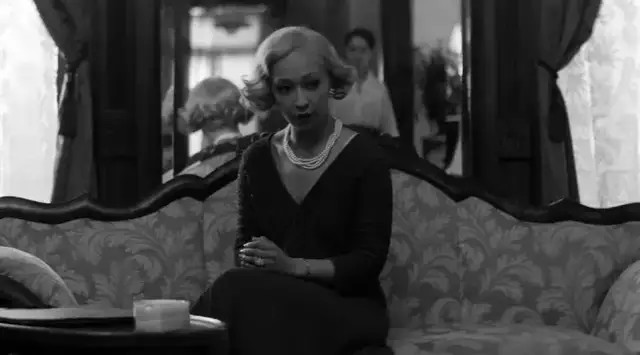
Although Claire got her wish to marry an upper-class white man, she sees that Irene leads a decent and prosperous life and is active in the black community with her high-quality black doctor husband.
She was so envious and jealous that she was in a trance.
Although Claire married white people and lived in high society, it also meant that she would cut off all her ties with black people in the past.
She has no friends, no social life, lives in disguise and fear all day long, and has no sense of self-identity.
She even deliberately or unconsciously went to attract Irene’s model black husband, giving this man a kind of joy of love.
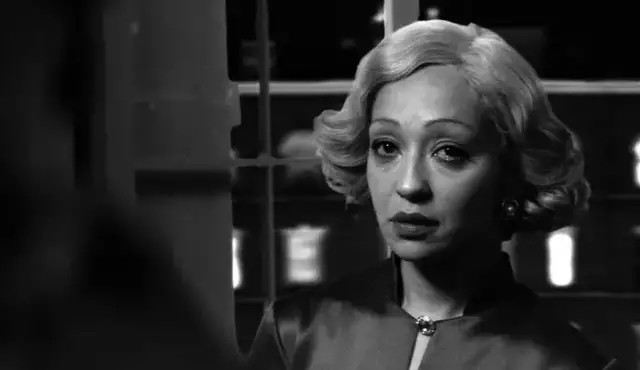
But at this time Irene’s emotions were so complicated that they had accumulated to an explosion.
She was delighted to see her adolescent friends find happiness and a sense of belonging by her side.
On the other side, she found her former beautiful friend and began to cross the border to replace her identity.
Claire shines at the party, and her son will praise her as “like a princess.” Her husband was also fascinated by her black enthusiasm and the exquisite, beautiful and compatible identity of white people.
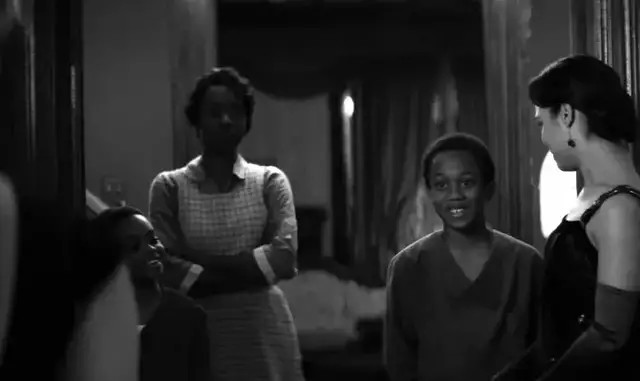
Two women are jealous of each other and empathize with each other, this feeling was just right by Rebecca Hall.
“Passing” talks about the issue of “skin color” and class in a high-level way, that is, it does not talk about these issues, but leaves the details to the dialogue and daily life.
For example, Irene lived very much the first time she saw Claire’s tall and handsome husband who hates blacks.
Because he even used “little black girl” as the nickname between them.
In the adult world, it is the rules of the game for smart people to use words, have words in the words, and only say what is good for them.
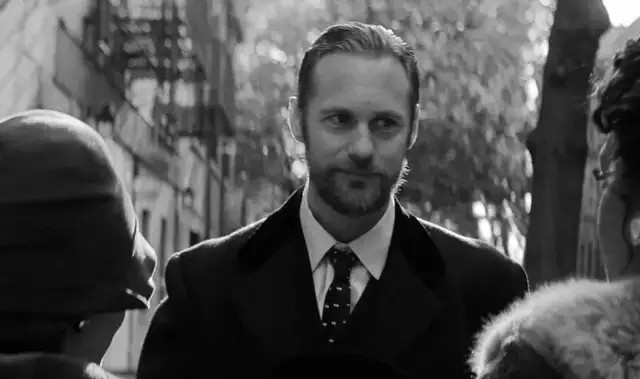
Irene’s empathy for Claire later became wary or even hateful.
Claire started to be friends with her black maid, she was already uncomfortable, she just stopped talking.
When Claire wanted to attend her party, she didn’t give a warm invitation, but she shied away: “I don’t think this party is suitable for you. Everyone is black. You won’t adapt.”
When seeing her husband and claire go to a party together like a young couple in love, Irene’s mood has gradually risen to jealousy and hatred.
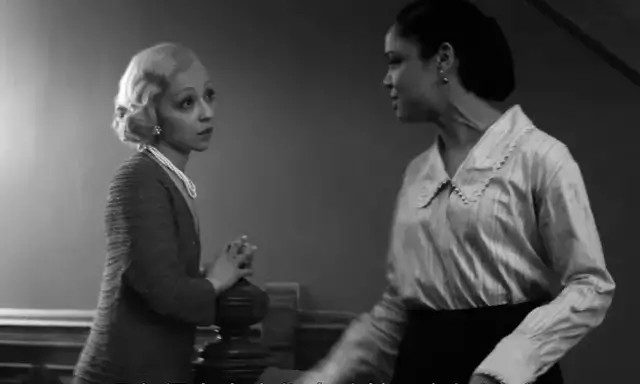
When the various emotions of women piled up to the limit, the story also ushered in the peak at this time.
The white husband who had been deceived by his wife finally came to the party hysterically, and her identity was completely exposed.
Claire calls herself an African-American community and she is a “betrayer”. In the white community, she was completely expelled.
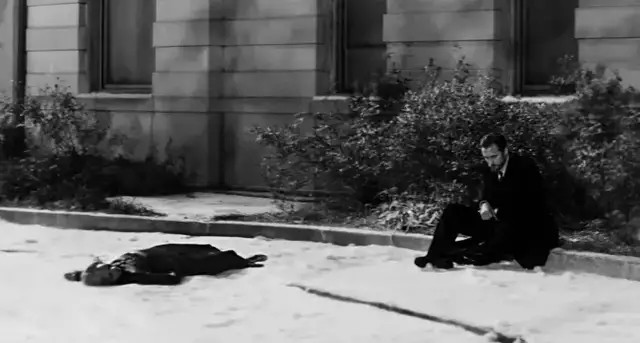
Rebecca Hall blurred the ending of the movie, perhaps it was Irene’s jealousy, or her husband’s anger, or Claire knew that she had nowhere to go.
She fell off the balcony and died.
In black and white pictures, weird stories about black people disguising themselves as white people,
Just like the emotions of two heroines intertwined with love and hate, passing is a word exclusively for mulattos.
On the surface, it is a passing pass, and it seems to be a dangerous pass every time.
Ambiguous and dangerous!
Related Post: “Passing” revealed a trailer, in order to marry a wealthy businessman, black women posing as white.
